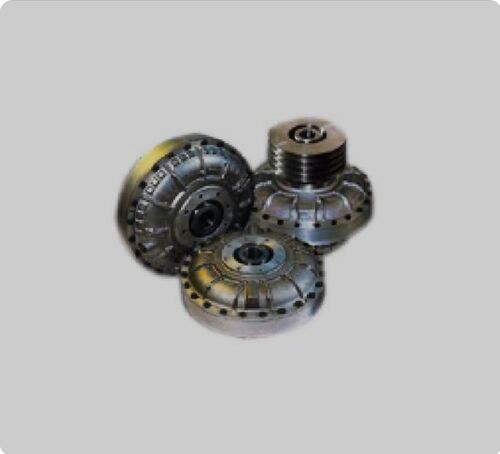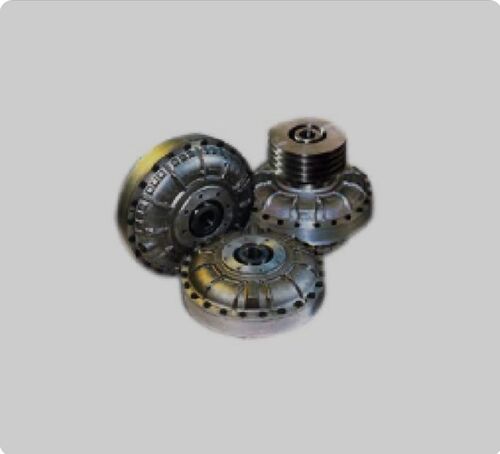
Fluid Coupling
Product Details:
- Color Gray
- Usage Automotive
- Product Type Fluid Coupling
- Material Stainless Steel
- Application Industrial
- Surface Treatment Polishing
- Click to view more
Fluid Coupling Price And Quantity
- 1 Number
- 10000 INR/Number
Fluid Coupling Product Specifications
- Industrial
- Automotive
- Gray
- Stainless Steel
- Polishing
- Fluid Coupling
Fluid Coupling Trade Information
- Vadodara
- Cash Advance (CA) Cash in Advance (CID) Cheque
- 100 Number Per Month
- 7 Days
- Sample costs shipping and taxes has to be paid by the buyer
- Asia
- All India
Product Description
Fluid couplings are mechanical devices used in various industrial applications to transmit rotational power from one shaft to another. They contain several key components designed to facilitate the transfer of torque while accommodating variations in speed and alignment between the input and output shafts. Here are the main components typically found in a fluid coupling:
Fluid couplings Supplier in India
Fluid couplings Supplier in Gujarat
Fluid couplings Supplier in Vadodara
Fluid couplings Dealer in India
Fluid couplings Dealer in Gujarat
Fluid couplings Dealer in Vadodara
-
Impeller (Pump): The impeller is connected to the input shaft and is responsible for pumping the fluid (usually oil or a similar substance) inside the coupling. It imparts rotational kinetic energy to the fluid.
-
Runner (Turbine): The runner is connected to the output shaft and is designed to receive the energy transmitted by the fluid from the impeller. As the fluid flows from the impeller to the runner, it causes the runner to rotate, thereby transmitting torque to the output shaft.
-
Fluid: The fluid medium inside the coupling (often oil) transmits torque from the impeller to the runner. The properties of the fluid, such as viscosity and volume, affect the performance characteristics of the coupling.
-
Shell: The shell encloses the impeller, runner, and fluid, providing a sealed environment. It also directs the flow of fluid from the impeller to the runner.
-
Bearings and Seals: Bearings support the shafts and reduce friction, while seals prevent fluid leakage and maintain the integrity of the coupling.
-
Fill and Drain Plugs: These are used for filling the fluid coupling with the appropriate fluid and for draining or replacing the fluid as needed for maintenance purposes.

Price:
- 50
- 100
- 200
- 250
- 500
- 1000+




